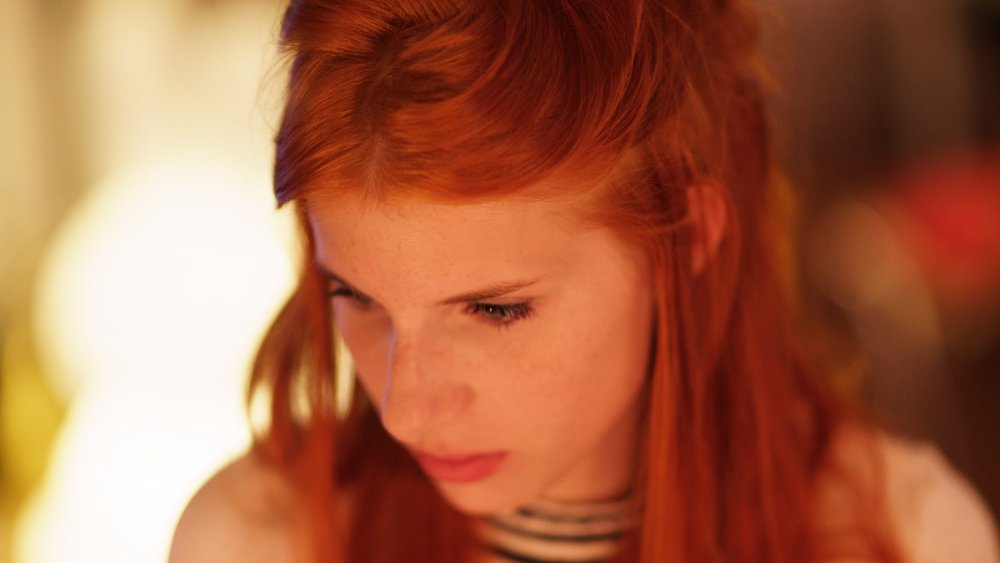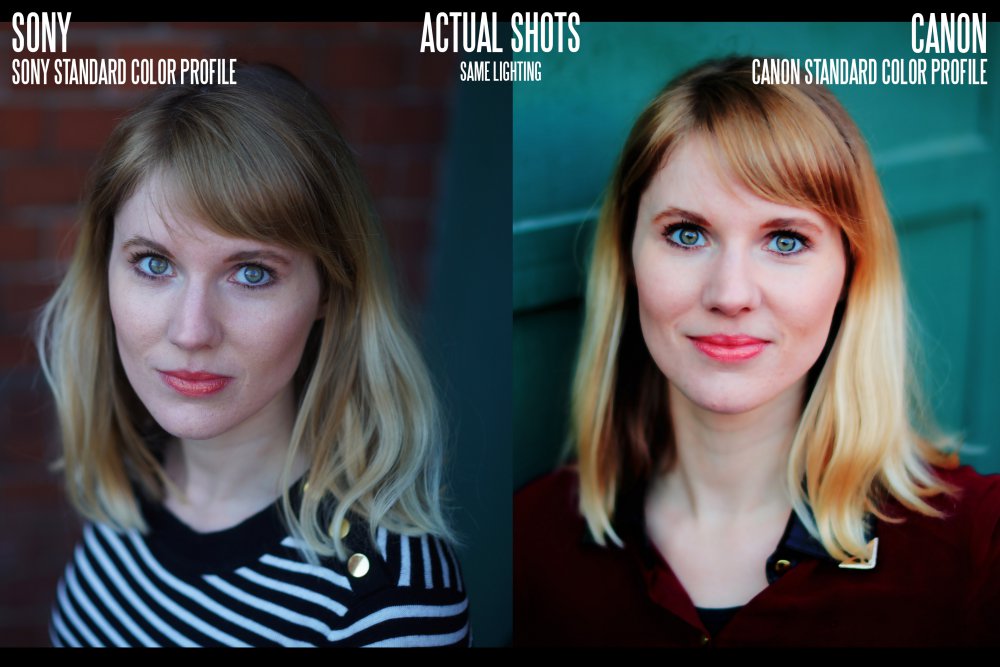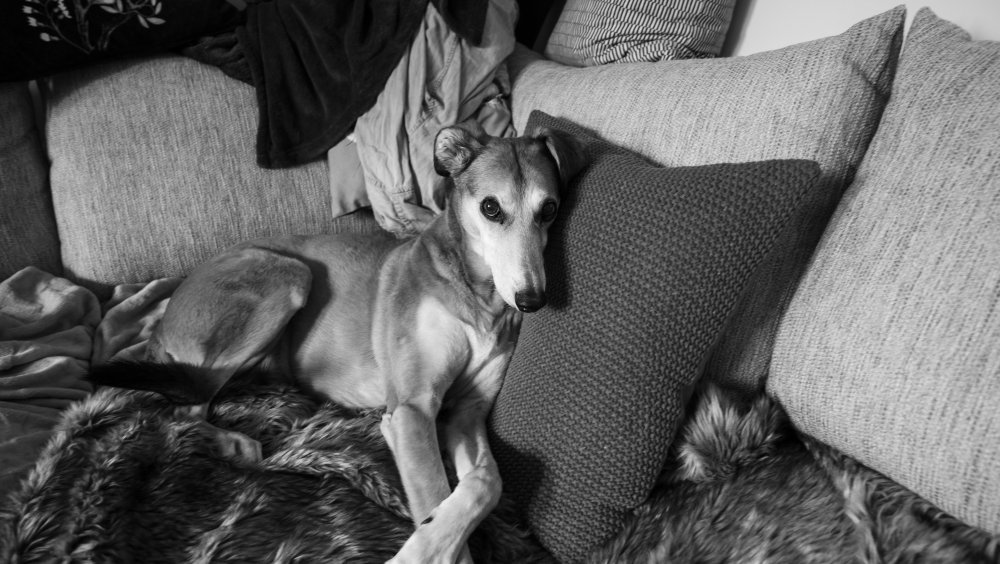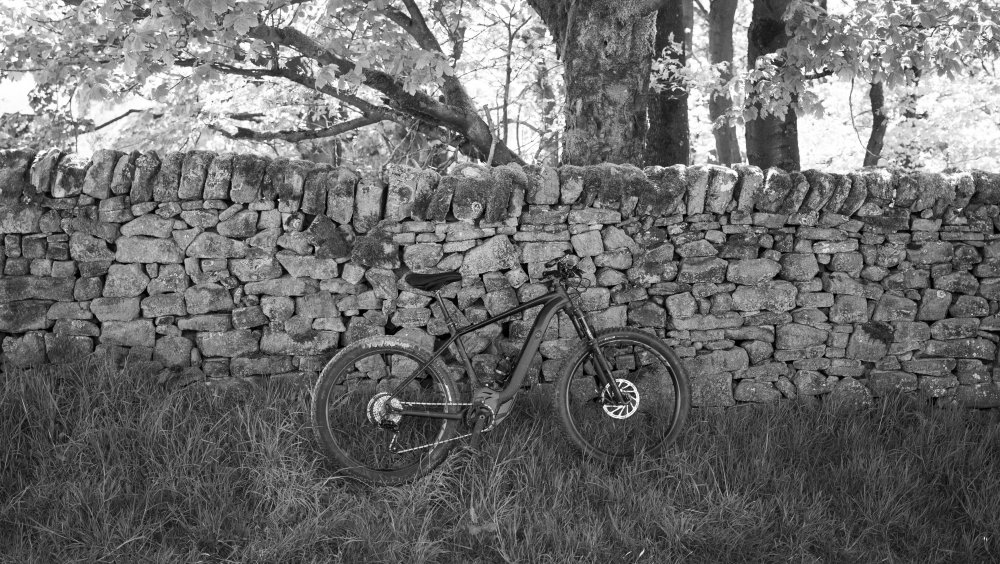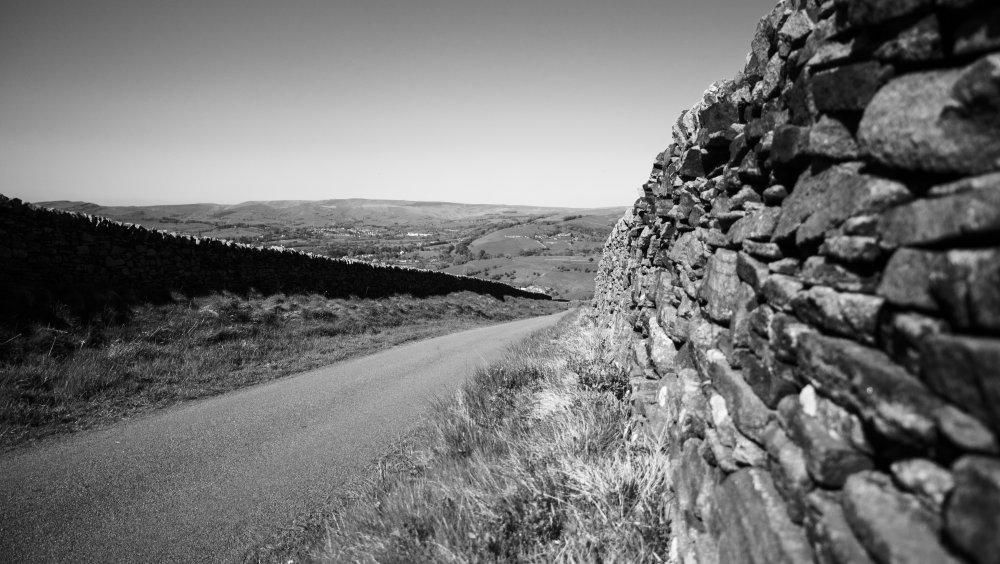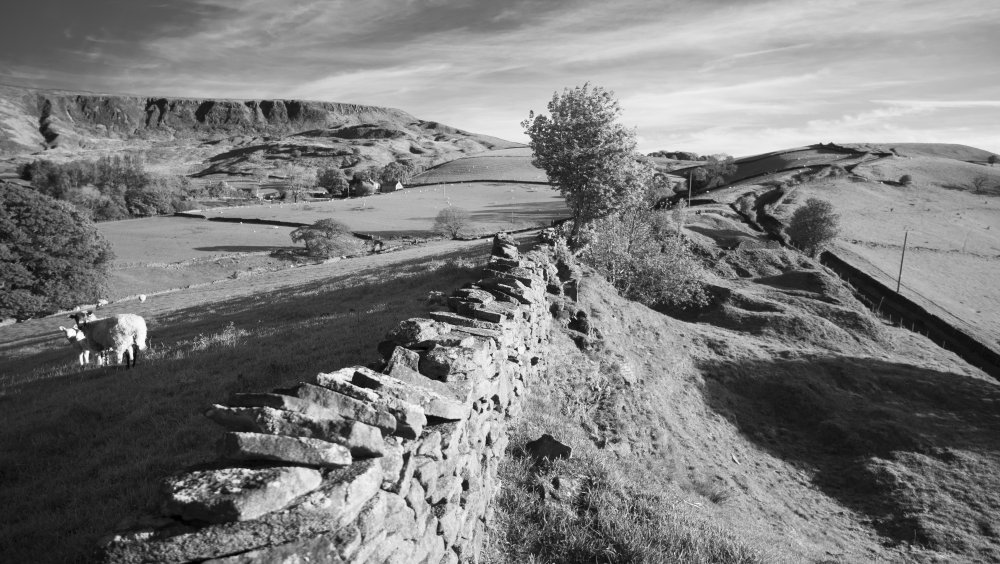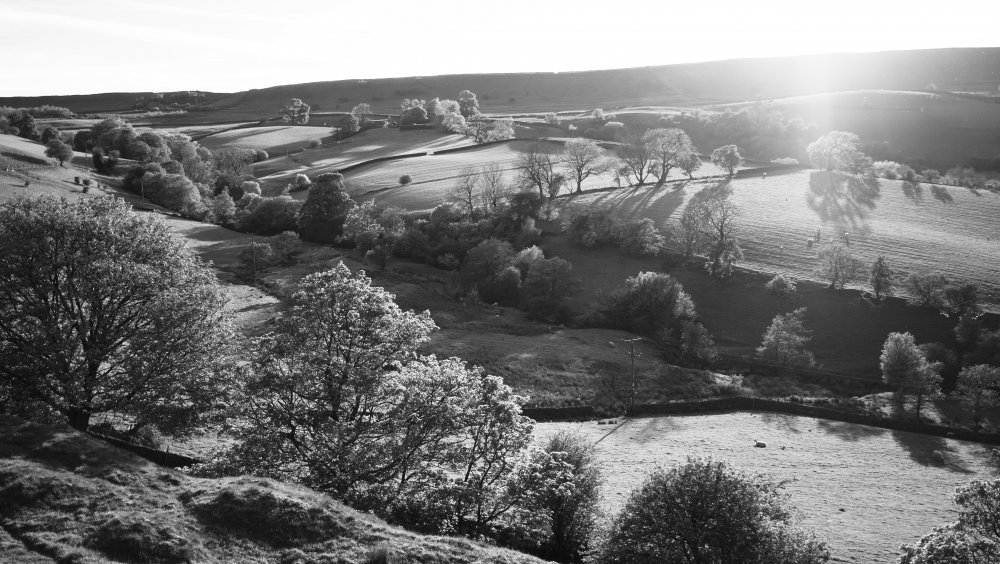-
Posts
15,298 -
Joined
-
Last visited
Content Type
Profiles
Forums
Articles
Everything posted by Andrew Reid
-
If the value isn't there as much why are the rocketing in price? It's due to rarity. Plus the fact that most modern lenses just look boring and clinical. They are all obsessed with making bright corners and sharpness that makes your eyes bleed! Leica M lenses vignette like hell and it's all part of their charm.
-

Thoughts on the Blackmagic Pocket Cinema Camera 6K Pro - why EF mount?
Andrew Reid replied to Andrew Reid's topic in Cameras
Plus adapters to EF. Amazing I know! 😆 -

Thoughts on the Blackmagic Pocket Cinema Camera 6K Pro - why EF mount?
Andrew Reid replied to Andrew Reid's topic in Cameras
Do you have a source for this or are you making stuff up? -

Canon EOS R5 / R6 overheating timers, workarounds, and Magic Lantern
Andrew Reid replied to Andrew Reid's topic in Cameras
This is so strange. It can record 8K to much slower cooler SD cards and still overheat just as quick, so the media isn't the primary cause of the overheating is it? Or maybe it was after all? -
Thanks I'll check it out.
-
LOG shouldn't be noisier, you're just seeing more of the noise in the shadows. After grading, all that should go back to normal. Shooting LOG in low contrast situations where there's just a narrow band of luminosity in the scene - I'd agree with you there, but then you may still need to match colour to the daytime scenes with a specific LUT. Sometimes you do need a wide dynamic range in low light at ISO 3200 as well, there might be a brightly lit interior in the shot or bright street lights. Definitely ETTR in low light. Better to select a high ISO especially with a dual gain sensor, than to under expose at say, 400, and ramp up the shadow noise in post.
-

Why Gerald Undone is wrong about the Sigma Fp-L
Andrew Reid replied to Andrew Reid's topic in Cameras
Interesting points of view there. Apart from the ghosting problem, how did you find the Sigma 28-70? Is the rendering clinical or quite nice? Bokeh busy, or smooth and cinematic? I understand they took a lot of weight out of the lens, so how's the build quality and feel - does it feel light and plasticy? The original Fp is getting most of the firmware features of the new cam so that's the one to stick to for video I think. I wonder where Sigma go next with the Fp? Maybe bring a new camera out based on the larger SD Quattro body with more controls and mechanical shutter, plus articulate that damn screen! -
Some picture profiles like S-LOG have a high minimum ISO - say 1600 on some cameras. But that isn't the case with Pro Color and you exposure it as normal. It won't affect the RAW stills, just video and JPEGs. I am working on a version for RAWs, as Sony's RAW presets in Adobe Camera Raw and the Adobe ones don't bring out the best results either a lot of the time!
-

Had an outing with the Panasonic-Leica 10-25mm F1.7 on GH5
Andrew Reid replied to Andrew Reid's topic in Cameras
This the L-mount version I take it? -
] You can now shoot Pro Color on the latest Sony Cameras such as the A7S III and it has been comprehensively updated for all existing models. This is a universal release, so no need to download a certain version of Pro Color to match your model any more. This one works on all cameras even those without Picture Profiles like the A9. Hope you enjoy it, looking forward to seeing your footage. Any thoughts or feedback, please feel free to comment! https://www.eoshd.com/eoshd-pro-color-5/
-
How much has covid cost the UK economy these past 12 months? If the government had spent a tiny fraction of that disastrous economic cost on the following: - Free hotel quarantine, mandatory for all arrivals - Mandatory testing at airports We could have been like New Zealand. Instead everything is vaguely mandatory, or optional, or even just done on goodwill. And instead of giving people the freedom to travel, they ground planes because they have no system in place to cope with an effective quarantine and testing that actually makes a difference. Instead they spent countless billions on a system that just added up to a hassle for travellers, slapped £300 in tests on a flight per person, or worse a terrible £1800 Holiday Inn stay from hell at the end of it, and in the end didn't even make a difference as to whether new variants were coming into the country or not, because people were so desperate to avoid the £1800 bill and Holiday Inn food, that they diverted via Turkey first.
-
Yes he will be missed! I liked his channel, very much no-nonsense and going about his business with the upmost care. We've lost an artist and a friend. Rest in peace David
-

Had an outing with the Panasonic-Leica 10-25mm F1.7 on GH5
Andrew Reid replied to Andrew Reid's topic in Cameras
Well he would say that, now vloggers are probably 40% of his viewers. I agree. There is more to aperture than a shallow DOF. Some shots look better with a deeper DOF anyway. Some of the F0.95 super fast super 16mm lenses are a prime example - by equivalence terms to full frame, they're only F1.8 - but they look nothing like a full frame lens, full stop. And sometimes they look terrible wide open and sometimes glorious. This is why people need to get off the specs bandwagon and shoot more stuff. For most lenses, F1.7 on 2x crop sensor looks very different to F3.5 on full frame. Well there are some Micro Four Thirds sensors that are better in low light than certain full frame sensors. It's important to look beyond the catch-all equivalency formulas that pixel peepers like. You can have a large sensor with small pixels and large gaps between them. Blackmagic Production Camera 4K is one of those. The GH5S with smaller sensor would have it for breakfast at ISO 1600. If both sensors have the same pixel architecture, but one is 10 megapixels 4K native and the other 60MP with pixel binned 4K it gets even more complicated. The earlier pixel binning high res full frame cameras do not look as clean as the GH5S with 2x crop sensor. Later, the image processing and pixel binning methods improved and light gathering efficiency per pixel increased. I keep seeing people say that no matter if the GH5S has a 10 megapixel sensor and A7R IV 60MP, the larger sensor will always 'gather more light' and that is just not true. It's much more complicated. When it comes to F1.7, F1.7 is F1.7. It's always going to be brighter than F2.8 or F3.5, and shallow DOF does not make or break every shot. In 20-30% of cases it might hinder the shot. Sometimes I want to see the background just slightly out of focus and not a complete watercolour. It might have visual details or information in it relevant to the story. The advantage of F1.7 on Micro Four Thirds in low light is when you need a deeper DOF without stopping down and harming low light performance. So you can be assured of ISO 800, say, on the GH5 with this lens and be able to get the shot that is right for the scene and not have to shoot F1.7 on full frame with no background detail, or have to move further away from the subject. It is amazingly sharp, as good as a Leica prime. When the 25-50 comes out that is just two lenses that replace all primes from 20mm to 100mm in full frame terms. If you wanted that kind of sharpness and optical performance from your full frame camera you'd have to have primes. There is no zoom 20-100mm that is that good (yet), let alone as bright as F1.7 in low light. 20-100mm is at least 7 prime lenses. 20mm, 24mm, 28mm, 35mm, 50mm, 85mm, 100mm. On Sony E-mount for those 7 at F1.7 or faster, and premium-end sharpness you are looking at about 10 grand! -
My first impressions on the blog: https://www.eoshd.com/news/panasonic-10-25mm-f1-7-first-impressions-sample-shots-from-gh5/ Any questions let me know!
-
It's 37 billion in total funding over 2 years for the app and entire track and trace system which has highly paid consultants, a big Tory running it, people phoning you up when you're quarantining, and so on. "Only" 35 million of this was to develop a phone app based on already existing Google and Apple technology to alert you when you may have been in contact with somebody who has tested positive. I think some of that money was wasted on an earlier app as well that never saw the light of day because they switched strategies later to use the Google / Apple methods of tracing, since it's seen as more privacy conscious and less draining of your phone's battery life. When I was quarantining last month when I came back from Germany, I got a call every day for 10 days from the system basically asking if I was in my home and being a good boy. Yes. If you miss every call because you're on the toilet or whatever, there's no obligation to prove you didn't break the quarantine. It's all a complete waste of money. The onus is on the public to behave. I don't think any of the government measures really do much but cause us all a big hassle. If you came back from a covid hotspot with the virus and tested positive during home quarantine, by that point you'd have given it to your kids, relatives, wife, etc. And they'd all be mixing it in the community. And indeed a lot of people who brought the Indian variant into the country did not bother even sticking to the rules and some people are even still carrying on as normal when they're sick and know they have it. Unless you have a very strict quarantine like New Zealand with the hotels for everybody, you may as well have none. It always starts with just 1 case and goes from there. It's either all or nothing as far as the rules go. In the UK it has always been a patchwork of half measures. The most concerning thing for me is how so few journalists are questioning how the money was wasted and why the sums are so high. The government has the press and The BBC very well trained it seems.
-
Nope it really is 37 billion £ https://committees.parliament.uk/committee/127/public-accounts-committee/news/150988/unimaginable-cost-of-test-trace-failed-to-deliver-central-promise-of-averting-another-lockdown/
-
The Panasonic GH6 is going to be the most advanced Micro Four Thirds camera ever made. The reaction has been pretty positive. But is it enough for it to be a solid update over the GH5? Does it need a big attention grabbing feature that makes it unique? New blog post: https://www.eoshd.com/news/gauging-the-reaction-to-the-panasonic-gh6/
-

New GH Series Cameras (Plural)! Live stream here
Andrew Reid replied to Andrew Reid's topic in Cameras
For some people the GH6 does need that stand out feature, which nothing else does. For other people it will be the overall package of features for the price, and the small size and the particular lens mount that makes it worth upgrading to from an older GH series. For me I consider focus and exposure basics. So sort out the AF and have an ND filter. This will make it stand out for me. Plus ProRes 422 for smoother editing. Wide dynamic range. Great big EVF. Let's face it, the GH5 was a much nicer camera to use than the Blackmagic Pocket Cinema Cameras, with far more features and much better for hybrid use. So if they can borrow a few features from the BM Pocket 6K Pro like the ND, ProRes and give us all the advantages of a mirrorless camera for $2500 then It'd be a big relief to use the GH6 instead when I need all those. Panasonic's IBIS system, ergonomics and image processing are some of the best around. -

New GH Series Cameras (Plural)! Live stream here
Andrew Reid replied to Andrew Reid's topic in Cameras
5.7K is plenty. I'm glad they didn't go 8K. 4K/120p is much more dramatic looking than 8K. Great for cinema. I agree on all your wish list points. Some good stuff there. They are very heavy too. Great lenses, but may as well go FF now. Micro Four Thirds can be more extremely small and light. AF is top of my list too. Let's hope they offer both DFD and phase-detect AF. -

New GH Series Cameras (Plural)! Live stream here
Andrew Reid replied to Andrew Reid's topic in Cameras
Wait till you see how much they love Atomos? I'm going to be tied up with HDMI cables forever it seems (for ProRes or RAW) -

New GH Series Cameras (Plural)! Live stream here
Andrew Reid replied to Andrew Reid's topic in Cameras
You mean the GH5 II or GH6? -
"New GH series cameras" - notice the plural - are coming. I'll be in the YouTube chat bar to watch with you all. My hopes and dreams are: GH6 development announcement with some key details - Internal ProRes 10bit and RAW recording would be great to compete with Blackmagic & Canon. 4K/120fps to compete with Sony. Internal ND filter would be fantastic. We can but keep our fingers and toes crossed! GH5 II revealed in full, I don't think it's going to be a big leap from the original model but USB charging is certainly welcome and maybe Panasonic can surprise us with something else useful? GH5S firmware 2.0 and G9 firmware update 2.4 could bring some interesting features including ProRes RAW via HDMI! New lenses? Maybe another GH series camera aside from the GH6 and GH5 II? According to the teaser we are getting at least 2 cameras. The live presentation starts at 15:00 GMT (London) and 10:00 ET.
-
Very interesting. Thanks for the insight Thomas!
-
https://www.theguardian.com/commentisfree/2021/may/21/tabloids-hurt-princess-diana-panorama-bbc-scapegoat “Defund the BBC,” was last night’s pontification from former Sun editor Kelvin Mackenzie, who once put Diana’s covertly recorded private phone calls on a premium-rate line so readers could ring in and have a listen. And those were the good years. Half the stuff these guys did in pursuit of Diana stories is, mercifully for them, completely unprintable. Alas, we will spend the next few days hearing of the BBC’s shame from some of the most shameless hypocrites in human history. The tabloids may not like Prince Harry’s reincarnation as a super-rich Californian wellness bore, but it does have the moral edge over pulling people’s medical records and hacking the phones of murdered 13-year-old girls.




